Presidential, NASS polls: Northern CSO’s scored INEC’s performance poor
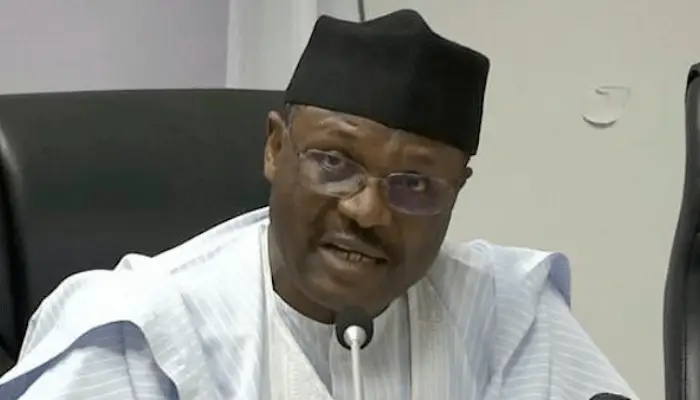
Presidential, NASS polls: Northern CSO’s scored INEC’s performance poor
The leadership of state-based civil societies operating in the Nineteen Northern states and the FCT, under the auspices of the Conference of Northern States Civil Society Networks have scored the Independent National Electoral Commission, INEC poor with the conduct of the 2023 Presidential and National Assembly elections.
This was as the CSOs said the polls fell below the high expectations of Nigerians as it was marred by irregularities.
The leader of the network, Ibrahim Waiya who stated this while addressing a press conference in Kano, however, called on the electoral umpire body to redeem its image with the conduct of free, fair and credible exercise during the next Saturday’s governorship and state assembly elections.
Waiya said, “Although there were many assurances from the Independent National Electoral Commission before the conduct of the elections, on its preparedness to conduct free, fair, credible and transparent elections. Unfortunately, what was witnessed during the conduct of the presidential elections on the 25th Feb. fell below the high expectation of the Nigerians, who had to had the high hope more than before, to witness historic elections in the country. This could be evidently justified by the number of Nigerians that registered as voters numbering more than eighty-five million, all as eligible voters who could participate in the elections.
“It is however unfortunate that the number of Nigerians that participated in the last elections of 25th Feb. was apparently not happy with the outcome of the elections especially as the elections were massively characterized by many irregularities. Although some of the shortcomings that marred the conduct of the elections could be summarized into pre, during and post-elections.
“Our assessment has revealed that the general conduct of the election across the country could be described as peaceful in most parts of the country, as voting took place in many places without violence. Notably. It is our adamant belief that this was considerably achieved due to the mass deployment of security personnel across the country. Despite these scores, we have observed through our networks that, some incidences of voter intimidation, suppression, threat, inducement, and political violence were recorded in some states, particularly Lagos, and Rivers States and the worst amongst them was that of Kano State, claimed the lives of many innocent young men.
“The introduction of this device, BVAs and IReV was not only seen as an effective reform that could help to address some of the lacunae in the conduct of our elections, and the hopes of many Nigerians had raised, having the conviction that our system shall be near to perfection. Although, the voting process was reported to be smooth in some polling units, at the beginning of the 25th presidential and National Assembly elections, but there were later reports of widespread irregularities around the malfunction of the Bimodal Voters Accreditation System (BVAS) device, poor deployment of sensitive materials, late commencement of the elections exercise, and in some cases the outright absence of INEC staff in a number of polling units across the country.
“Those happenings were not only total contravention to the electoral Act 2022, as amended but also an outright disenfranchisement of the rights of the citizens of providing an enabling environment for all to participate in the process of establishing political leadership in the country. Delayed commencement of voting as a result of the late arrival of INEC officials, and shortchanging of some INEC Adhoc staff with the ones that did not receive any training to operate BVAS, were also part of the irregularities that characterized the elections in some places.
“We have equally observed that there was compliance in many places with the electoral Act provision for voter accreditation using the BVAS device, unfortunately, there was an apparent failure from the INEC to transmit polling unit results to the INEC Result Viewing (IReV) portal, as it had repeatedly pledged to uphold. This development had therefore raised many questions of integrity against INEC and allegations of compromising with the standard procedure because up to the late hours of the evening of the elections day, the IREV portal was yet to be opened. This, therefore, contravenes Section 50 of the Electoral Act 2022, which aims to minimize human interference and manipulation of results at the polling unit.
“We have also observed with dismay, at the National Results Collation Centre, how the INEC Chairman insisted on proceeding with result collation against the requests by some party agents to ascertain the electronically transmitted results. The deliberate disregard of the Electoral Act provision on the transmission of results electronically grossly undermined the process. Hence, the credibility question on the outcome of the presidential election was not in any way something that could be attributed to the failure of technology to allow for the needed transparency, but rather an outcome of non – application of the technology.
“Other issues of general concerns that characterized the elections were:
The Inconclusive issues. Many results were supposedly inconclusive due to a number of cancelled votes, and these were some of the deliberate tactics by the opposition parties who envisaged loss, to resort with a view to further delay the elections. But INEC ignored such considerations deliberately
Votes buying and selling as well as voters’ inducement were some practices that characterized the 25th presidential and National Assembly elections in Nigeria. Others included strong allegations of compromise against some Electoral Officers. In addition to this, was also an allegation of alterations of original results and accepting same at the Collation centres.
“Voter apathy was also another issue of concern, which also affected the credibility of the elections exercise through a glaring non-participation of citizens in the national exercise.
“In conclusion, we wish to state that the conduct of the 2023 Presidential and National Assembly elections was poor, especially with the attitude of the commission to ditch result transmission from polling units across the country. This singular act has given room for suspicion of human interference and manipulation of results and could prune the will of the people as freely expressed at the poll.
“The 2023 general elections were expected to escort in a much more improved and digitized electoral process in Nigeria. It is public knowledge that INEC received a whooping sum of 355 billion Naira to conduct an election. But unfortunately, that could not be achieved.
“As we approach the governorship and state assembly elections, we urge the Nigerian citizens to not let their spirits be demoralized and to turn out in large numbers to elect their governors and lawmakers peacefully. We also urge INEC to redeem itself by conducting a much more credible election on March 11, 2023, across the country,” Waiya however stated.

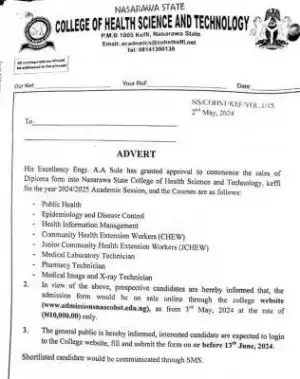

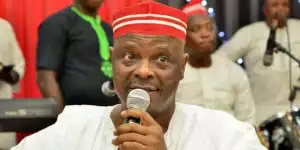
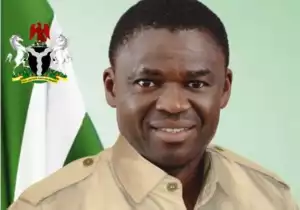




![Deaw Special Super Soft Power (2024) [Thai]](https://www.memesng.com/r/storage.waploaded.com/images/b675bcd2729ccacc87521af7756011eb.jpg?w=50&ulb=true&ssl=1)
![Free Money (2023) [Estonian]](https://www.memesng.com/r/storage.waploaded.com/images/078db976c9c922a1c9c18a9a032b6c2b.jpg?w=50&ulb=true&ssl=1)

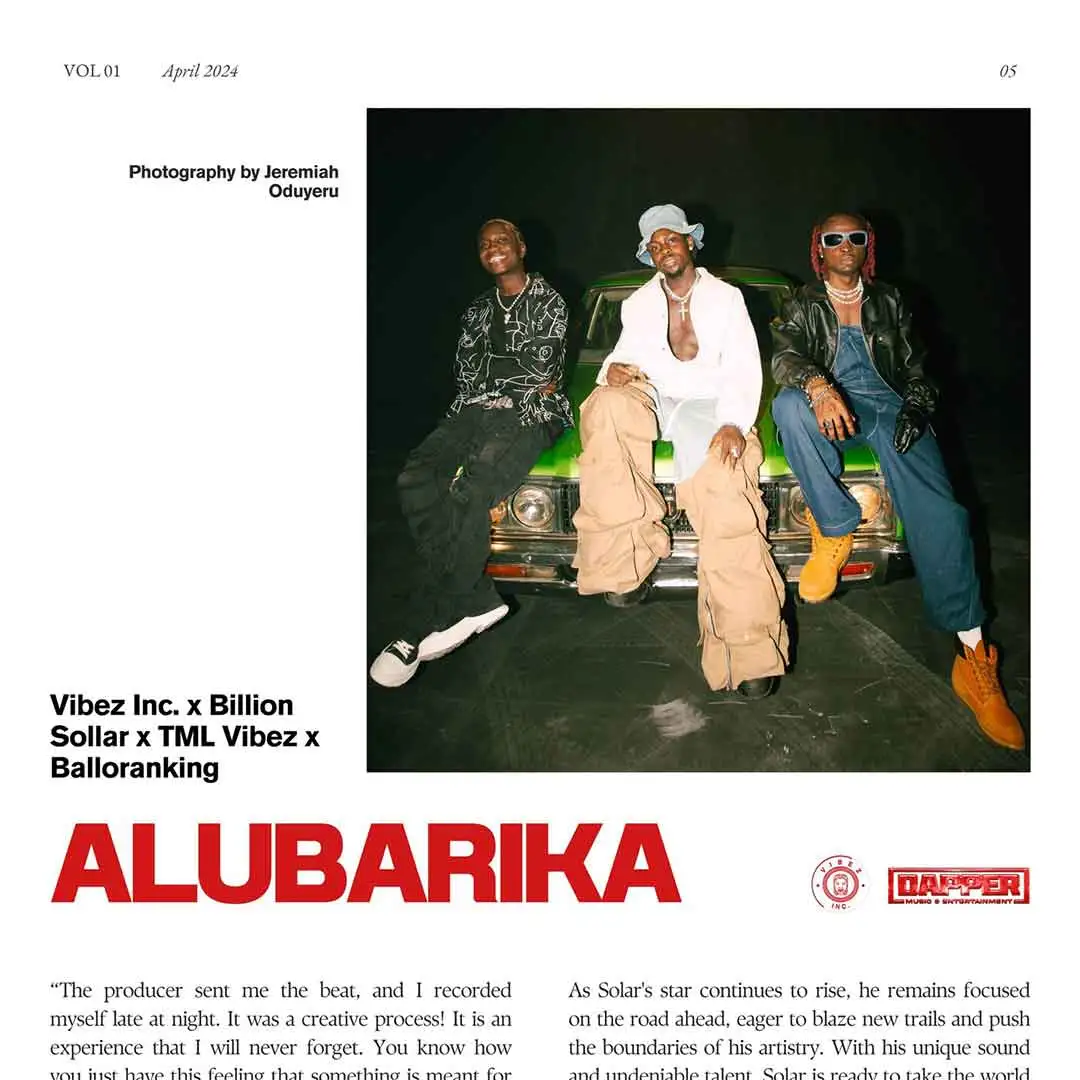











![Ninja Kamui (2024) [Japanese] (TV series)](https://www.memesng.com/r/storage.waploaded.com/images/269fcbec2b9d7d5506a919f192f2e61d.jpg?w=50&ulb=true&ssl=1)
![The Escape of the Seven Resurrection (2024) [Korean] (TV series)](https://www.memesng.com/r/storage.waploaded.com/images/2a7d90cddc2687327a1fdc3bef1e6d2e.jpg?w=50&ulb=true&ssl=1)
![Beauty and Mr Romantic (2024) [Korean] (TV series)](https://www.memesng.com/r/storage.waploaded.com/images/ecd8a3a73377eece67c71f1551596799.jpg?w=50&ulb=true&ssl=1)
{{comment.anon_name ?? comment.full_name}}
{{timeAgo(comment.date_added)}}
{{comment.body}}
{{subComment.anon_name ?? subComment.full_name}}
{{timeAgo(subComment.date_added)}}
{{subComment.body}}